Life
Sign up for our newsletter
We summarize the week's scientific breakthroughs every Thursday.
-
 Ecosystems
EcosystemsDam demolition lets the Elwha River run free
Removing a dam involves more than impressive explosions. Releasing a river like Washington state's Elwha transforms the landscape and restores important pathways for native fish.
-
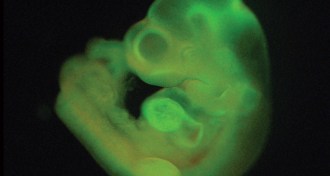 Life
LifeContamination blamed in STAP stem cell debacle
Stem cells supposedly made in acid baths were really embryonic stem cells, investigation finds.
-
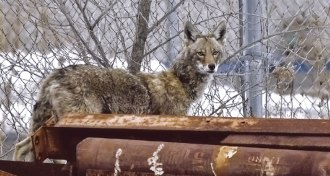 Ecosystems
EcosystemsCities are brimming with wildlife worth studying
Urban ecologists are getting a handle on the varieties of wildlife — including fungi, ants, bats and coyotes — that share sidewalks, parks and alleyways with a city’s human residents.
-
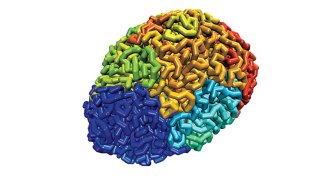 Genetics
GeneticsThe art of DNA folding
Cells must compress genetic material into a nucleus that measures only about 5 micrometers across. To accomplish the feat, cells make loops in the DNA.
-
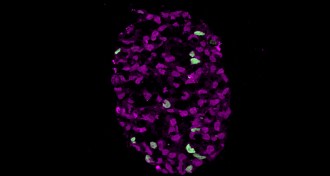 Humans
HumansPrecursors of human sperm and eggs made from stem cells
Reprogrammed adult human cells can produce germ cells, precursors of sperm and eggs.
-
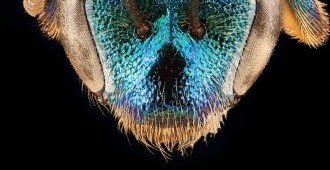 Animals
AnimalsBees, up close and personal
A photo archive from the U.S. Geological Survey's Bee Inventory and Monitoring Lab offers detailed photos of bee species.
By Susan Milius -
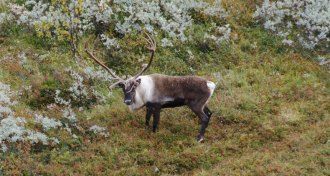 Animals
AnimalsChina’s reindeer are on the decline
A small, semi-domesticated population of reindeer found in northern China is suffering due to threats ranging from inbreeding to tourism.
-
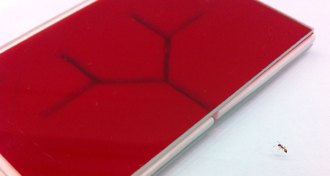 Animals
AnimalsRock ants favor left turns in unfamiliar crevices
Rock ants’ bias for turning left in mazes, a bit like handedness in people, may reflect different specializations in the halves of their nervous system.
By Susan Milius -
 Life
LifeHydrogen sulfide offers clue to how reducing calories lengthens lives
Cutting calories boosts hydrogen sulfide production, which leads to more resilient cells and longer lives, a new study suggests.
-
 Neuroscience
NeuroscienceSmartphone users’ thumbs are reshaping their brains
Smartphones are forcing us to use our thumbs in new ways and reshaping the way our brains respond to touch.
-
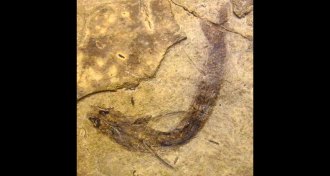 Life
LifeFossil fish eye has 300 million-year-old rods and cones
A fossil fish shows the earliest evidence of rods and cones, cells essential for color vision in vertebrates.
-
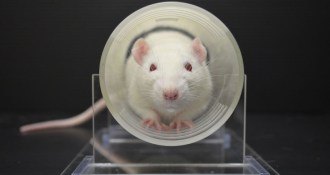 Animals
AnimalsThe scent of a worry
The smell of fear makes other rats stressed. Now, scientists have isolated the Eau de Terror that lets rats communicate their concerns.